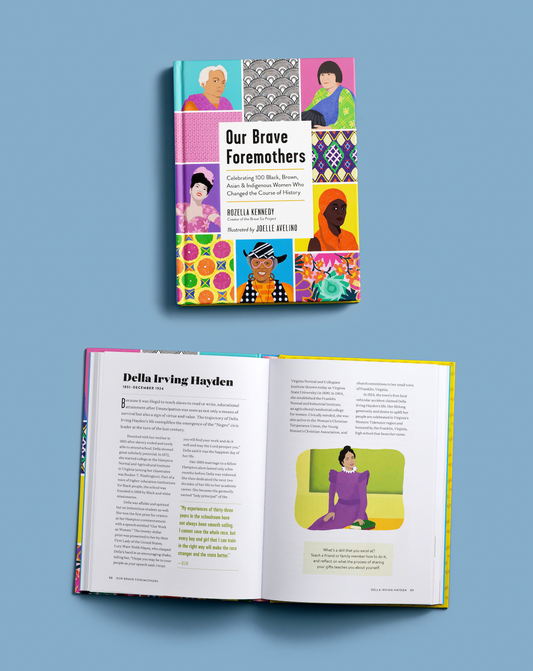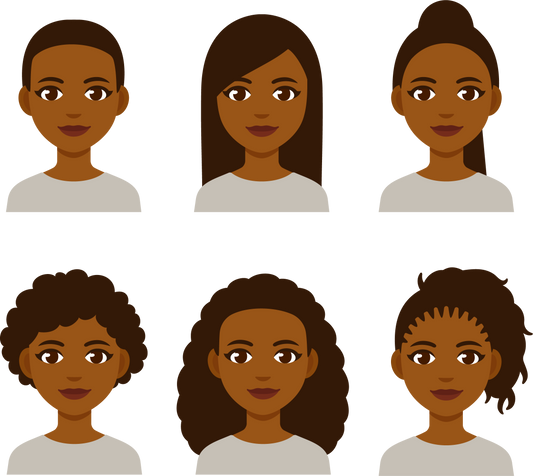This article made my blood kinda boil. Not only was it galling that the day after the Martin Luther King Jr. Day celebration, the NY Times publishes an op-ed with the "anti-woke" (don't get me started; let's take back the term woke, first of all) headline: "What if Diversity Training Is Doing More Harm Than Good?" but they also go on to misquote Tema Okun's framework for Dismantling White Supremacy Culture, which (in the right hands) is one of the most helpful tools for managing our way out of the default (whiteness, patriarchal, extractive, discriminatory) culture that possesses all areas of our life and society. I was so mad, I considered writing a letter to the editor. But instead, I've formulated my reflections into this blog post.
The author of this article points out that most "racial sensitivity training" is superficial and without merit. To some extent, I agree: in the wrong hands, it can be performative and pointless. The bigger consideration is that behavioral change and antiracism shifts are, for the most part, inside out processes, not outside in.
The shift happens through intimate, individual reflection upon one’s own internal biases, fears, anger, guilt—and sometimes shame. This belief was a compelling factor behind the founding of Brave Sis Project, as I have written before.
Sensitivity training can be a helpful tool for beginning to confront and unpack the history and legacy of racism, colonialism, slavery, and othering that is the foundational shame and pain of our society. But it is not the only tool, and when offered as a quick-fix, stand alone, it's a waste of time, money, and most importantly, trust. If you only have one chance to change a heart or a mind, this ain't it.
Beyond this failing in the author's thesis, I was most frustrated by the disturbing conflations and misquotes of Tema Okun's Dismantling White Supremacy Culture framework. Specifically annoying (and dangerous) was the blanket characterization of Tema Okun’s work as “blaming white people or their culture,” in regard to absolutism about the written word.
I got the sense the author misread the framework as suggesting there exist only two realities: one that all-written word all the time, and another that, through its supposed rejection, prioritizes… what? Illiteracy? Backwardness? Please, dude, abandon your flat, binary thinking if you want to put the "thought" in thought leadership.
Okun herself deplores the “weaponizing” of her framework in this way. I know this to be true because we conversed about it on Linkedin.
"I am struck," the great thinker wrote me (me!) "by how often people reference the article I wrote without actually ever reading it. I have never ever said any of the things the NY Times and/or the good folks at Smithsonian suggest I have said about hard work or the scientific method. And, as you note, I think justice work is both inside out and outside in - the both/and of it seems both important and obvious. Different approaches work for different people.
"I'm so tired of mainstream journalism that reduces the complexity of human relationships and movement work to their simplified binaries of good/bad. So thank you for this."
Well yes, Ms. Tema, I am so tired too! And if you, reading this, really care about the E part of DEI, then you should be tired too—but not too tired to call out flat analysis and harmful conflation when you see it.
Don’t cite sources you’ve only superficially scanned just to build up your argument.
Specifically regarding the "tyranny of the written word," there exists a world wherein one can humanize data by giving the written word some company: photos, quotes, the story of people. Such a pluralistic, non-binary mindset is probably the way that “diversity” actually can work.
The headline: "What if Diversity Training Is Doing More Harm Than Good?" was also sensationalist, seeking to undermine the value of sensitivity training writ large. I was left wondering what experience the author or copy editor (because they are the clickbait hounds who write the headlines) might have with what “othering“ or discrimination feels like.
My advice for people who really care about “DEI”: look within; consider what a “culture of belonging” looks like. Building one is hard, attentive, ongoing, but ultimately satisfying work.
Finally: we’d barely put away our societal MLK Day whitewashing performance attire when we were confronted with an article like this. Bad timing, NY Times.
P.S. regarding the E in "DEI," I have been thinking about how we even frame and approach it. Diversity and Inclusion are measurable; there is even an ISO standard for them! Equity is a Mindset (shift) and a journey. Belonging, which we love in my workplace, is about utilizing policies, practices, and celebration to create a culture where everyone feels Seen, Connected, Supported, and Galvanized in the work. There are many beautiful intersections and overlaps between my workplace thesis and body of practice and what I build through Brave Sis Project. Thanks for your engagement!




